How I Got Serena Williams to Hire Me
As a partner at Serena Ventures, Alison Rapaport helps the tennis superstar bet big on companies like Daily Harvest and Billie. Here’s what she did to land the envy-inducing job.
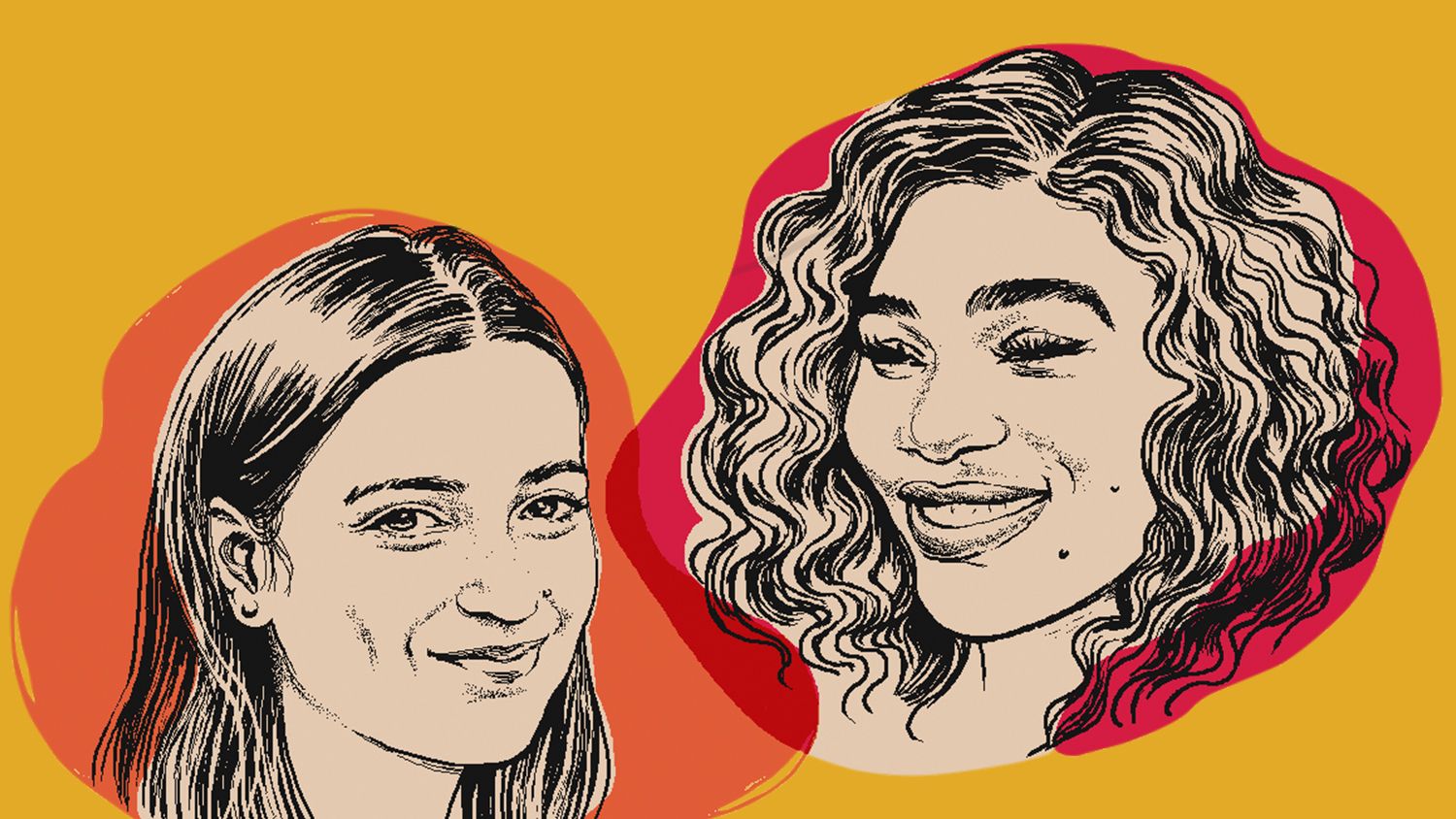
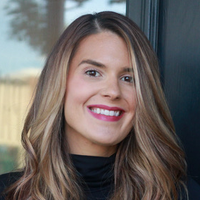
Make (And Use) Connections
After Alison Rapaport graduated from the University of Pennsylvania with an economics degree in 2011, she spent five years in J.P. Morgan’s Asset Management division before enrolling in Harvard Business School. A football fan, she interned one summer at Wasserman, a talent agency representing athletes. Then Stuart Goldfarb, Carmelo Anthony’s business partner, recruited her for a gig. He later introduced her to Chris Lyons of premier Silicon Valley venture-capital firm Andreessen Horowitz. Lyons passed her resume to angel investor Serena Williams, who was hiring for her venture capital firm, Serena Ventures.
Study Up
Two weeks later, Rapaport got the request for a next-day phone meeting with Williams. “She was super stealth about her investments. I found next to nothing in my research,” she says. “I stayed up all night watching Serena’s HBO documentary series [Being Serena] to prepare.” After an introductory conversation, in which she learned about Williams’s goal—“using her platform not just to make money but to make a difference; that really spoke to me,” Rapaport says—Williams asked to meet.
Find Common Ground
Rapaport was already wowed by Williams’s “incredible public persona,” but after their phone call, the drive to work with her was even deeper. Coming from “male-dominated
industries,” Rapaport says, “I became drawn to her mission of building a venture platform as a tool to address larger issues of equal opportunity.” Williams wanted a conscious bias for women and people of color in the portfolio while also evaluating every opportunity. So Rapaport’s elevator pitch focused on inclusively recognizing talent. “Whether it’s age, race, or gender, people are not always open-minded that anyone can be successful—but Serena is.” Rapaport adds, “When you interview, make sure you are interviewing [your interviewer] too. I like to ask, ‘What does success look like for you, and how do I help build it?’ I want to see if I fit into that vision.”
Come Extra Prepared (With Salsa)
Williams asked Rapaport to visit her Bay Area home one Sunday in the fall of 2018 and to bring three ideas. “I went crazy. I prepared four opportunities and put about 50 more in an appendix,” she says. Having seen on Instagram that Williams loves “taco Sundays,” Rapaport brought snacks from Tacobar in San Francisco. The two ended up going through the entire appendix. “I think that personal touch, coupled with outside-the-box thinking and attention to detail, truly helped me get the job,” Rapaport says of her taco move.
Have a Vision
Many of Williams’s existing investments had been just really compelling companies in the early stages. Rapaport wanted a more balanced fund with long-term vision. “I had a strong portfolio-management background but wanted the opportunity to be more creative,” she says. “Serena’s strength is finding the right founders and believing in the product.” Rapaport says it’s been a great partnership so far. Growth is a goal, but also, she says, it’s to “bring more portfolio companies together and have them work together, whether it’s comarketing or using their technologies to build on one another.”
This story appears in the Summer 2020 issue of Marie Claire.
Stay In The Know
Get exclusive access to fashion and beauty trends, hot-off-the-press celebrity news, and more.
RELATED STORY
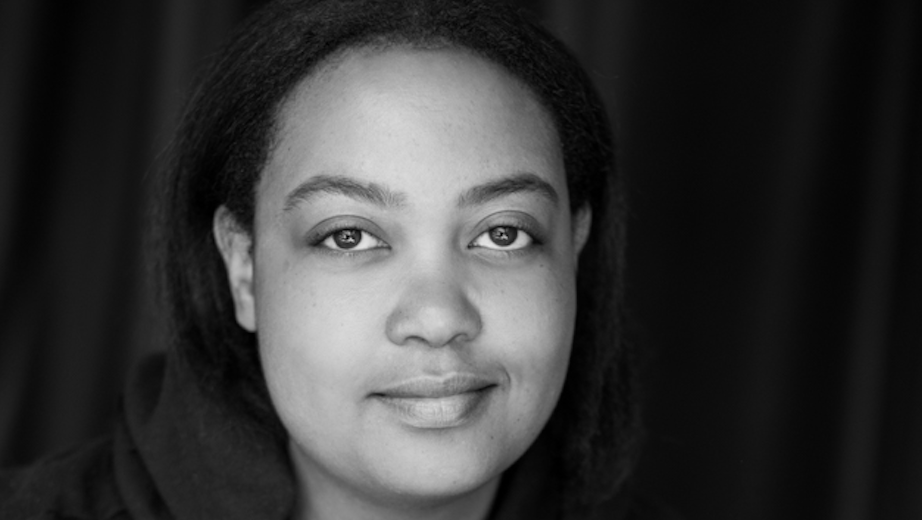
Jenna is a freelance journalist, focusing on topics like health, wellness, dating, relationships, beauty, and lifestyle. She's the author of The Love Gap: A Radical Plan to Win in Life & Love, a dating guide for modern women trying to navigate today’s complicated romantic landscape.
-
 Strawberry Perfumes Are Summer 2025's Juiciest Fragrance Trend
Strawberry Perfumes Are Summer 2025's Juiciest Fragrance TrendThe It girl fragrance note can be fun, fresh, sexy—and everything in between.
By Brooke Knappenberger
-
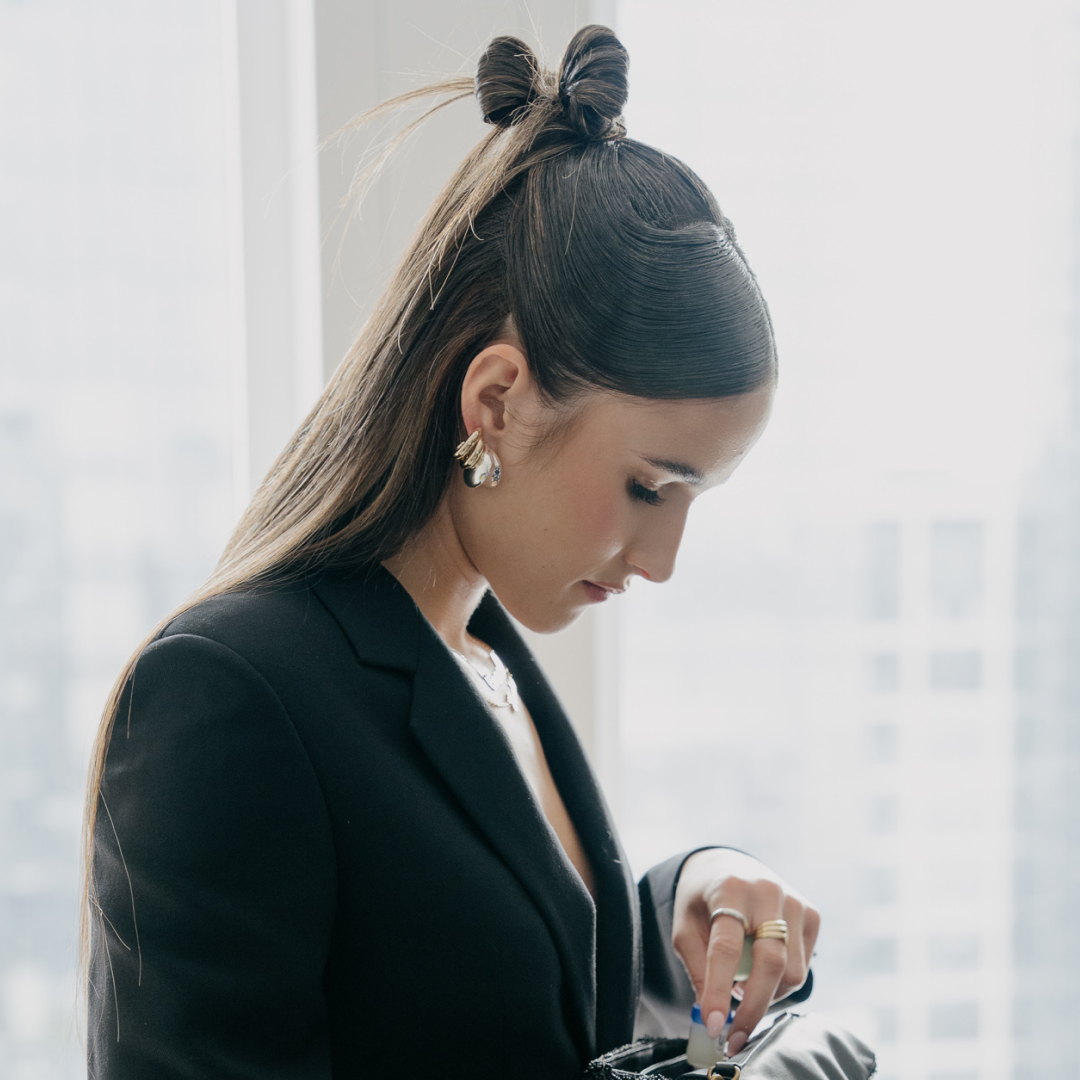 Sonia Citron's First Coach Outfit Is Entirely Custom—and for the WNBA Draft
Sonia Citron's First Coach Outfit Is Entirely Custom—and for the WNBA DraftHer rookie style chapter is just getting started.
By Halie LeSavage
-
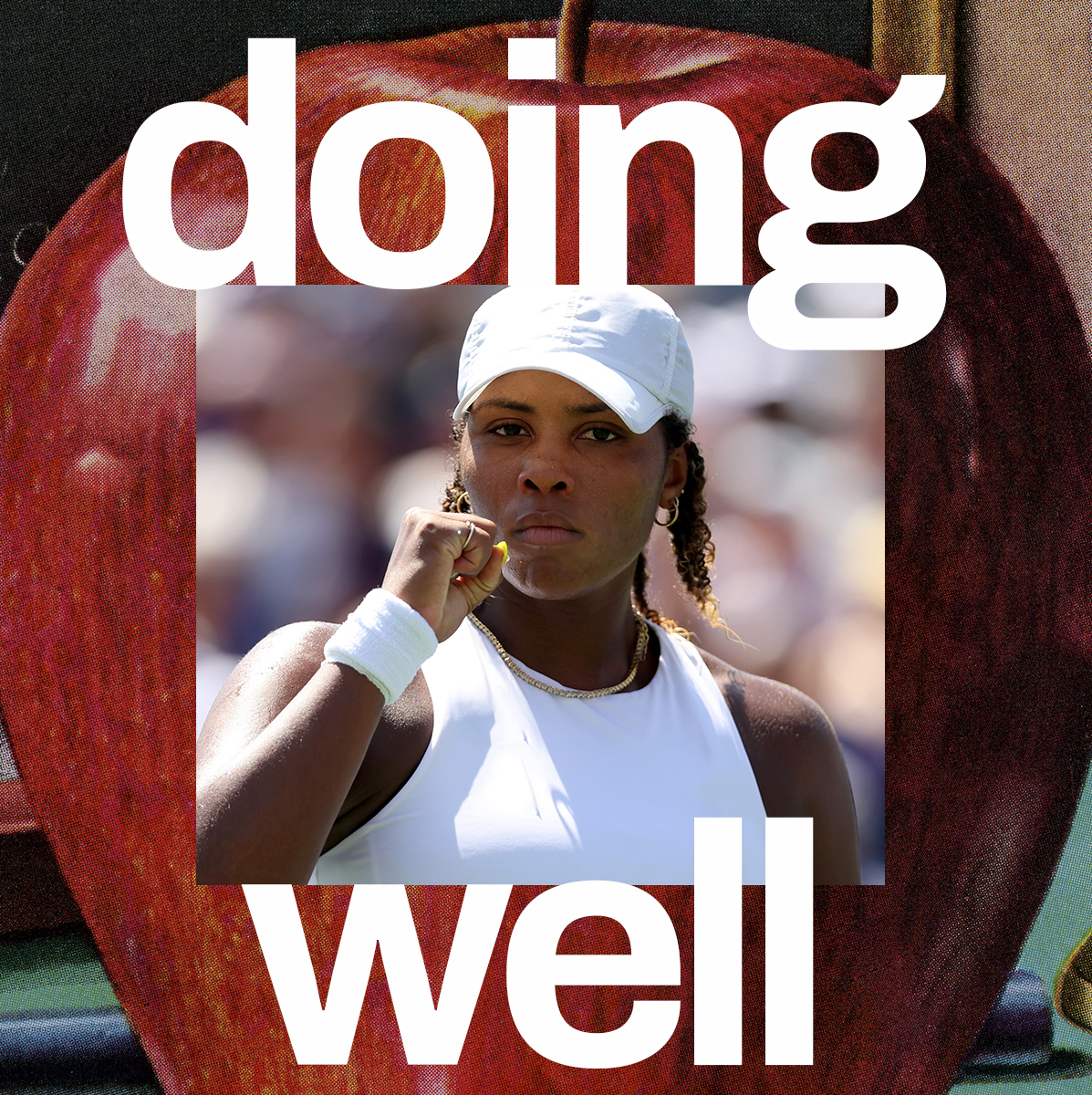 Taylor Townsend Sea Mosses Her Way to Better Wellness
Taylor Townsend Sea Mosses Her Way to Better WellnessThe tennis star serves up self-care between sets.
By Siena Gagliano
-
 Peloton’s Selena Samuela on Turning Tragedy Into Strength
Peloton’s Selena Samuela on Turning Tragedy Into StrengthBefore becoming a powerhouse cycling instructor, Selena Samuela was an immigrant trying to adjust to new environments and new versions of herself.
By Emily Tisch Sussman
-
 This Mutual Fund Firm Is Helping to Create a More Sustainable Future
This Mutual Fund Firm Is Helping to Create a More Sustainable FutureAmy Domini and her firm, Domini Impact Investments LLC, are inspiring a greater and greener world—one investor at a time.
By Sponsored
-
 Power Players Build on Success
Power Players Build on Success"The New Normal" left some brands stronger than ever. We asked then what lies ahead.
By Maria Ricapito
-
 Don't Stress! You Can Get in Good Shape Money-wise
Don't Stress! You Can Get in Good Shape Money-wiseFeatures Yes, maybe you eat paleo and have mastered crow pose, but do you practice financial wellness?
By Sallie Krawcheck
-
 The Book Club Revolution
The Book Club RevolutionLots of women are voracious readers. Other women are capitalizing on that.
By Lily Herman
-
 The Future of Women and Work
The Future of Women and WorkThe pandemic has completely upended how we do our jobs. This is Marie Claire's guide to navigating your career in a COVID-19 world.
By Megan DiTrolio
-
 Black-Owned Coworking Spaces Are Providing a Safe Haven for POC
Black-Owned Coworking Spaces Are Providing a Safe Haven for POCFor people of color, many of whom prefer to WFH, inclusive coworking spaces don't just offer a place to work—they cultivate community.
By Megan DiTrolio
-
 Where Did All My Work Friends Go?
Where Did All My Work Friends Go?The pandemic has forced our work friendships to evolve. Will they ever be the same?
By Rachel Epstein